The U.K. Health Security Agency (UKHSA) has issued a stark warning: maintain a distance of at least two meters from wild birds. This new guidance arises amid escalating fears of a potential human pandemic stemming from bird flu, known scientifically as H5N1.
With the virus showing an “unprecedented” impact on birds and mammals globally, officials are urging the public to stay vigilant and adopt preventive measures to safeguard against this looming health threat.
The Dire Consequences of Contact
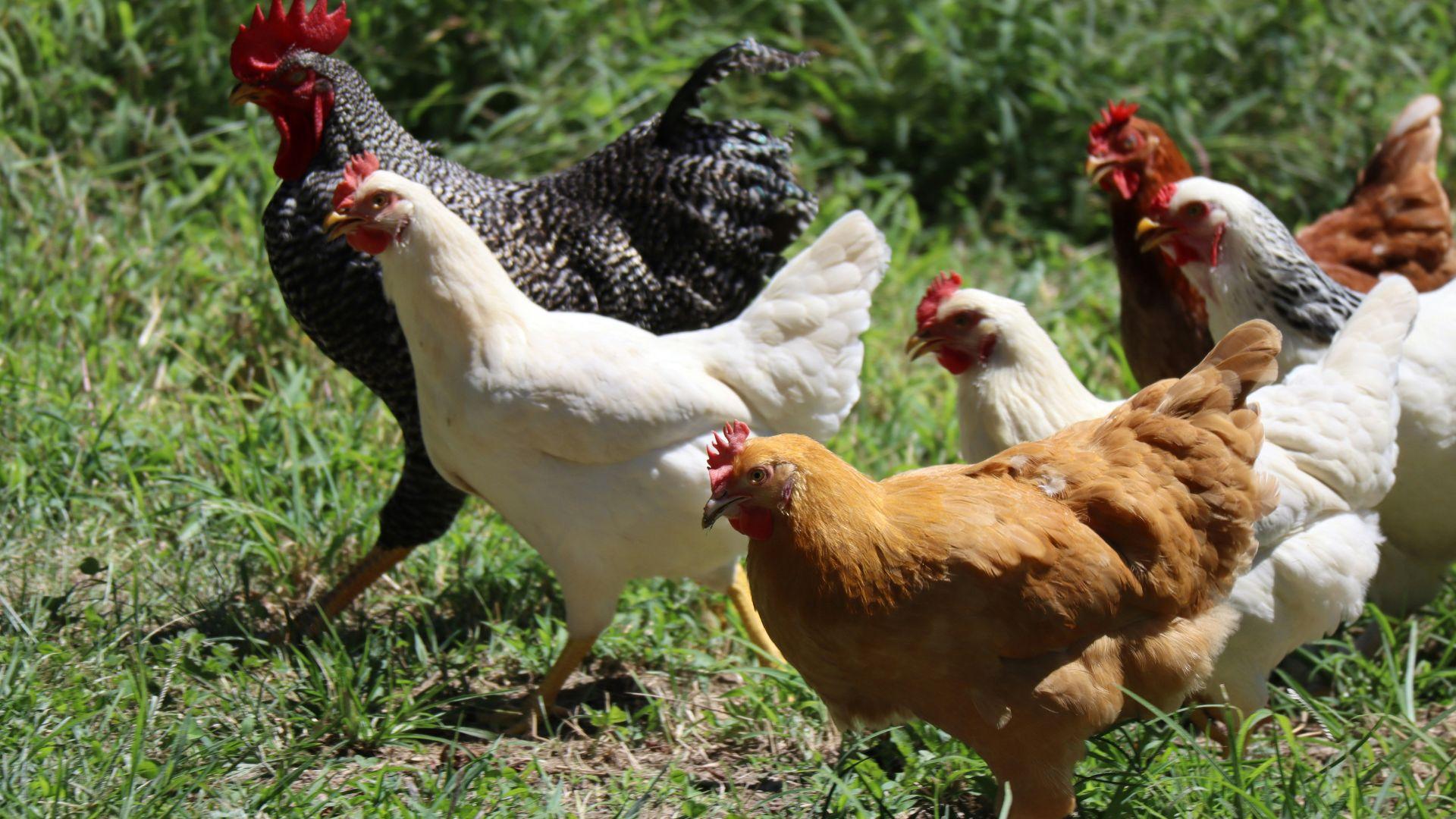
While bird flu primarily affects birds, its potential to jump to humans has been a cause for concern. Historical data shows a frightening reality: out of 882 human infections in the past 20 years, 461 have resulted in deaths (via WHO).
This stark statistic underlines the deadly nature of the virus, with a mortality rate in humans as high as 60 percent. The UKHSA’s advice aims to curb these numbers, emphasizing the importance of avoiding all contact with wild birds.
Mutations and Human Risks

Experts are particularly worried about the bird flu’s ongoing spread, which could allow the virus to mutate, potentially making it more contagious among humans.
Currently, there is no evidence of H5N1 transmitting from person to person, but the fear remains that continuous spread among birds could eventually breach this barrier, leading to a new pandemic (via The Sun).
No Vaccine Available
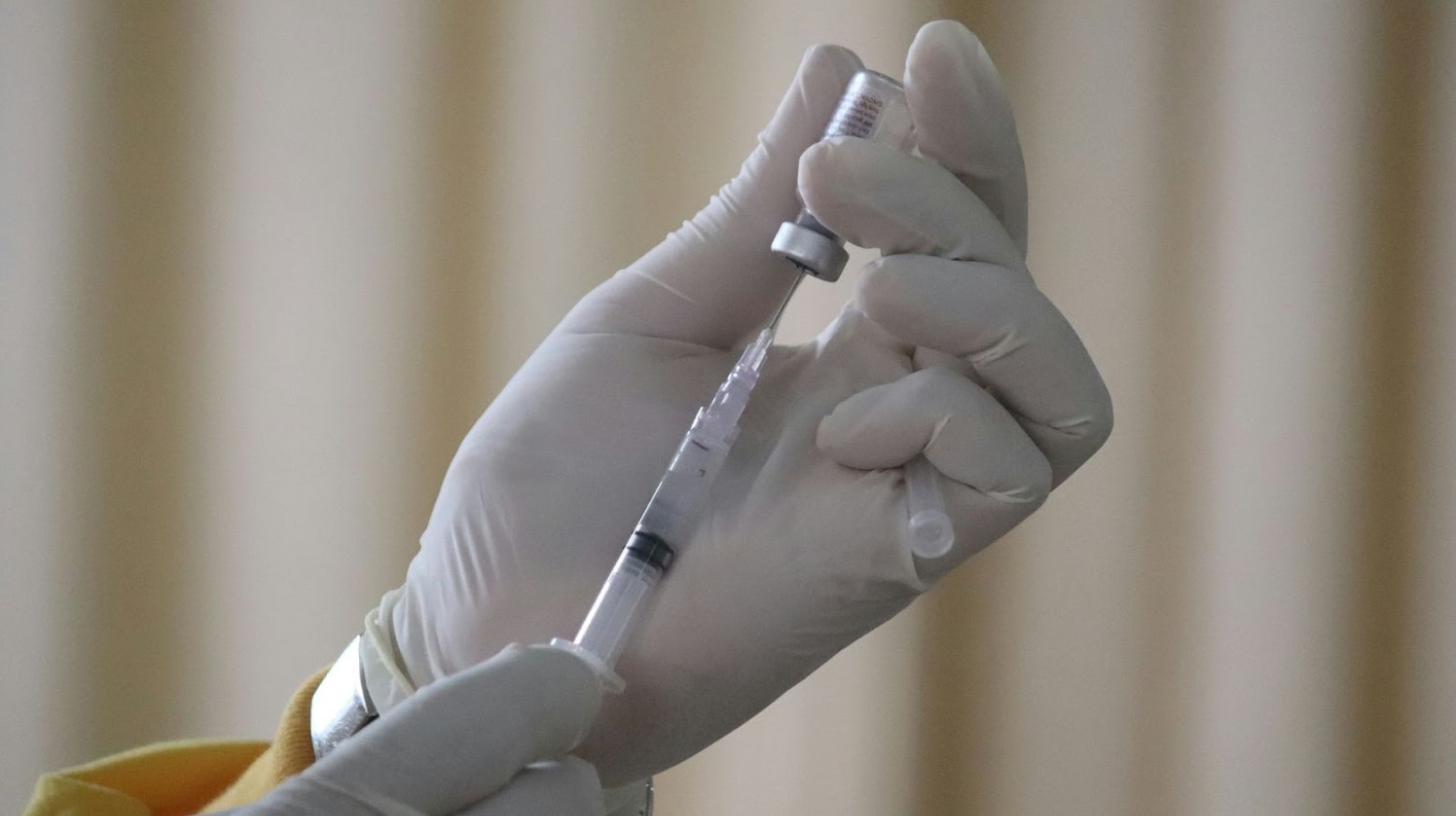
Currently, there is no specific vaccine for human bird flu. The U.K. government, recognizing the severity of the threat, is considering stockpiling regular flu vaccines as a precautionary measure (via The Sun).
This step underscores the gravity of the situation and the government’s commitment to public health safety amid growing concerns.
Local and Global Concerns
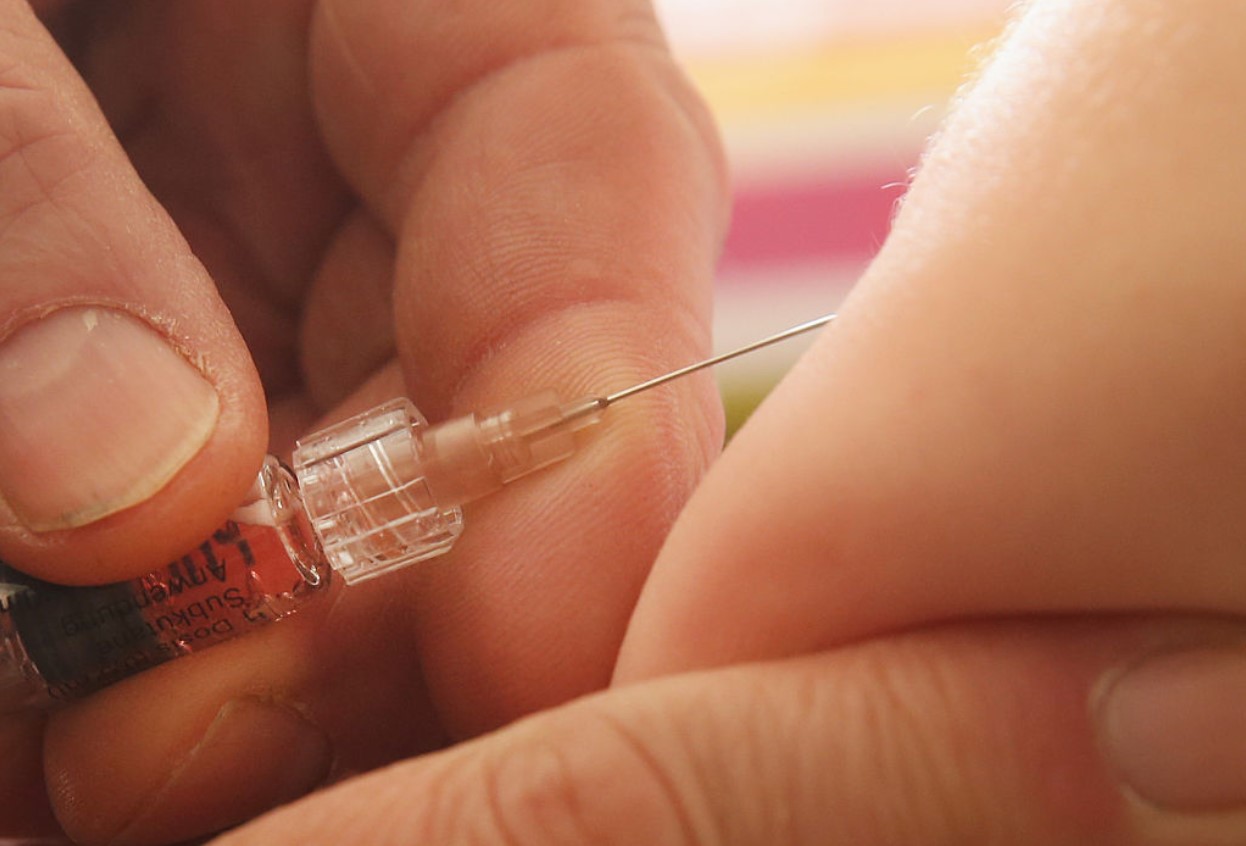
Since 2022, there have been five confirmed cases of bird flu within the U.K. (per Precision Vaccinations).
While the numbers may seem small, the global context paints a grimmer picture, especially with recent bird flu fatalities in the Far East, including Cambodia, according to PBS.
Specific Advice for Bird Handlers
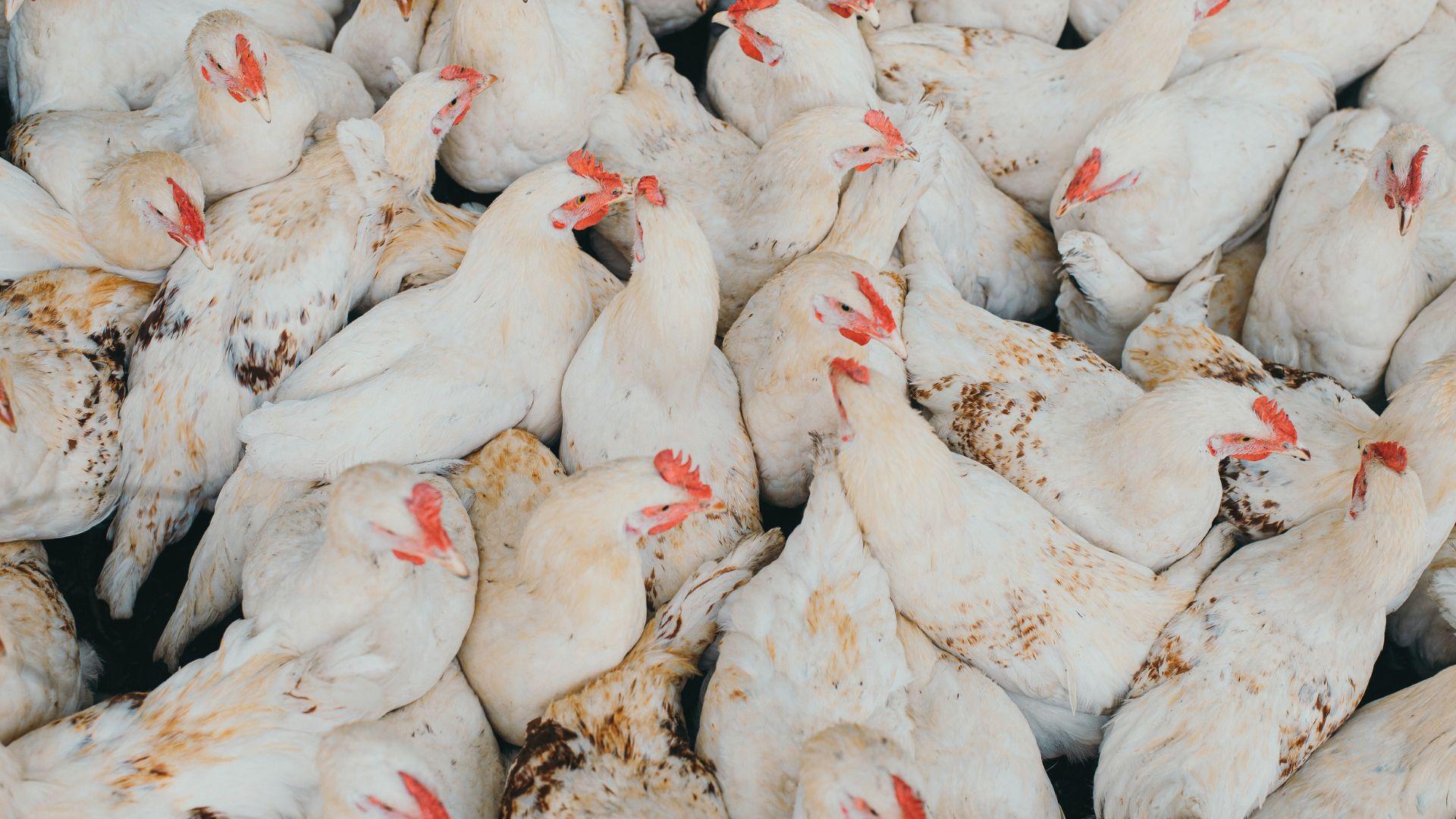
For individuals who interact with birds, whether through their profession or hobby, the UKHSA has set out detailed guidelines.
People are advised to avoid bringing birds into homes or enclosed spaces and to wear protective clothing, such as long sleeves and pants, to prevent scratches or bites, which could transmit the virus.
The Symptoms to Watch For

Recognizing the symptoms of bird flu is crucial for early detection and treatment. Symptoms include high temperature, muscle aches, headache, cough, shortness of breath, and in some cases, more severe effects like stomach pain, diarrhea, and even bleeding from the nose and gums (via CDC).
Early recognition can be the key to preventing severe outcomes.
Guidance from Health Authorities

The collaboration between the UKHSA, RSPCA, and Animal and Plant Health Agency has led to comprehensive guidance aimed at minimizing the risk of bird flu transmission.
From maintaining distance from wild birds to adopting robust hygiene practices, these measures are designed to protect public health while addressing the unique challenges posed by this virus.
Global Watch and Preparedness
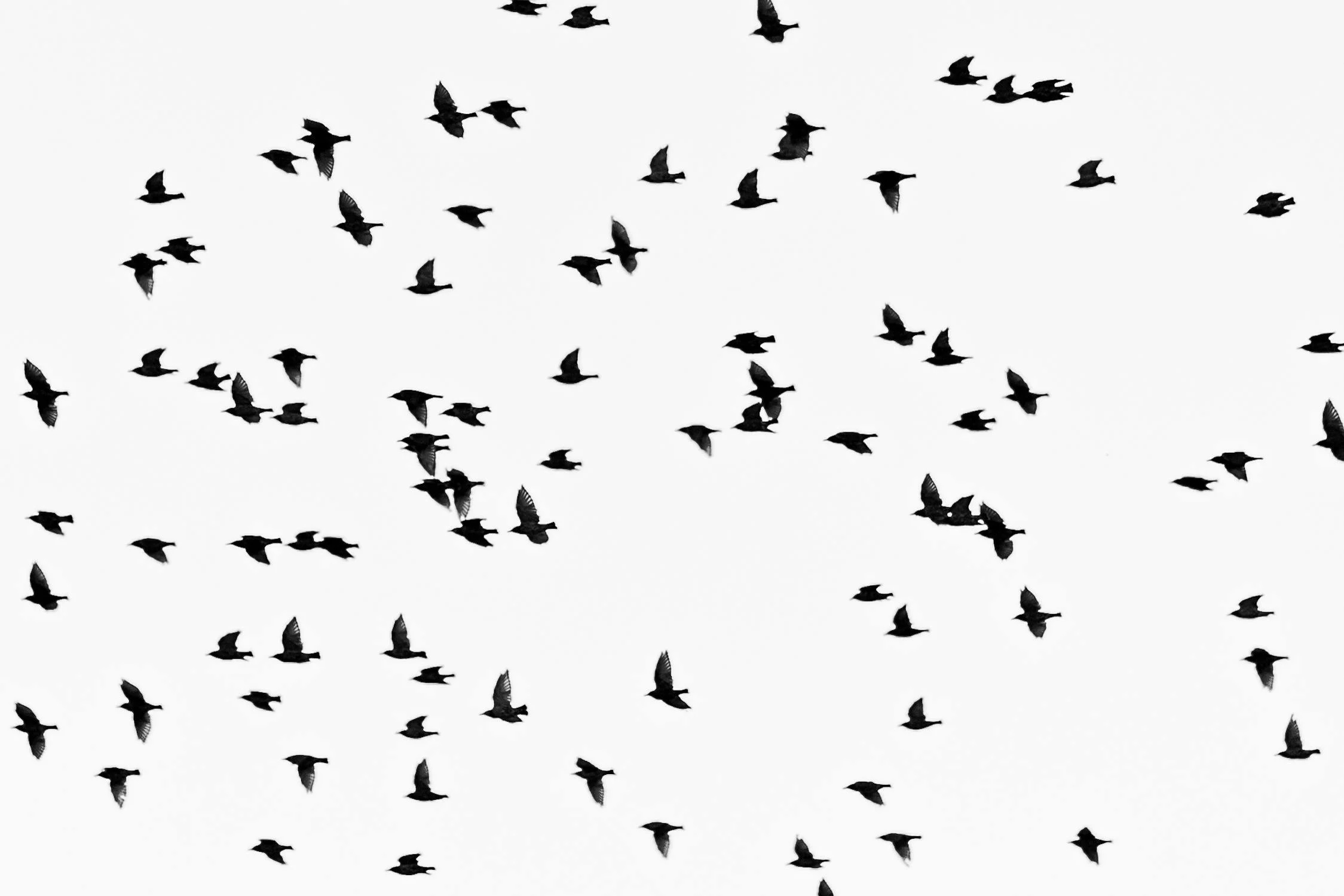
The international community is keeping a close watch on the situation, as the spread of bird flu remains a significant concern.
Coordination between countries and global health organizations is crucial to monitor the virus’ evolution and to implement strategies to mitigate its impact.
Community and Individual Roles

Combating the spread of bird flu is a collective effort that involves both community engagement and individual responsibility.
Adhering to the guidelines set by health authorities and staying informed about the latest developments can help individuals play a pivotal role in preventing the spread of the virus.
What’s Next?

As research continues and experts monitor the situation, updates and additional guidelines are expected. Staying informed through reliable sources and adhering to public health advice is essential as the situation evolves.
The U.K. government and health organizations are committed to providing timely information and resources to the public.
Stay Safe and Informed
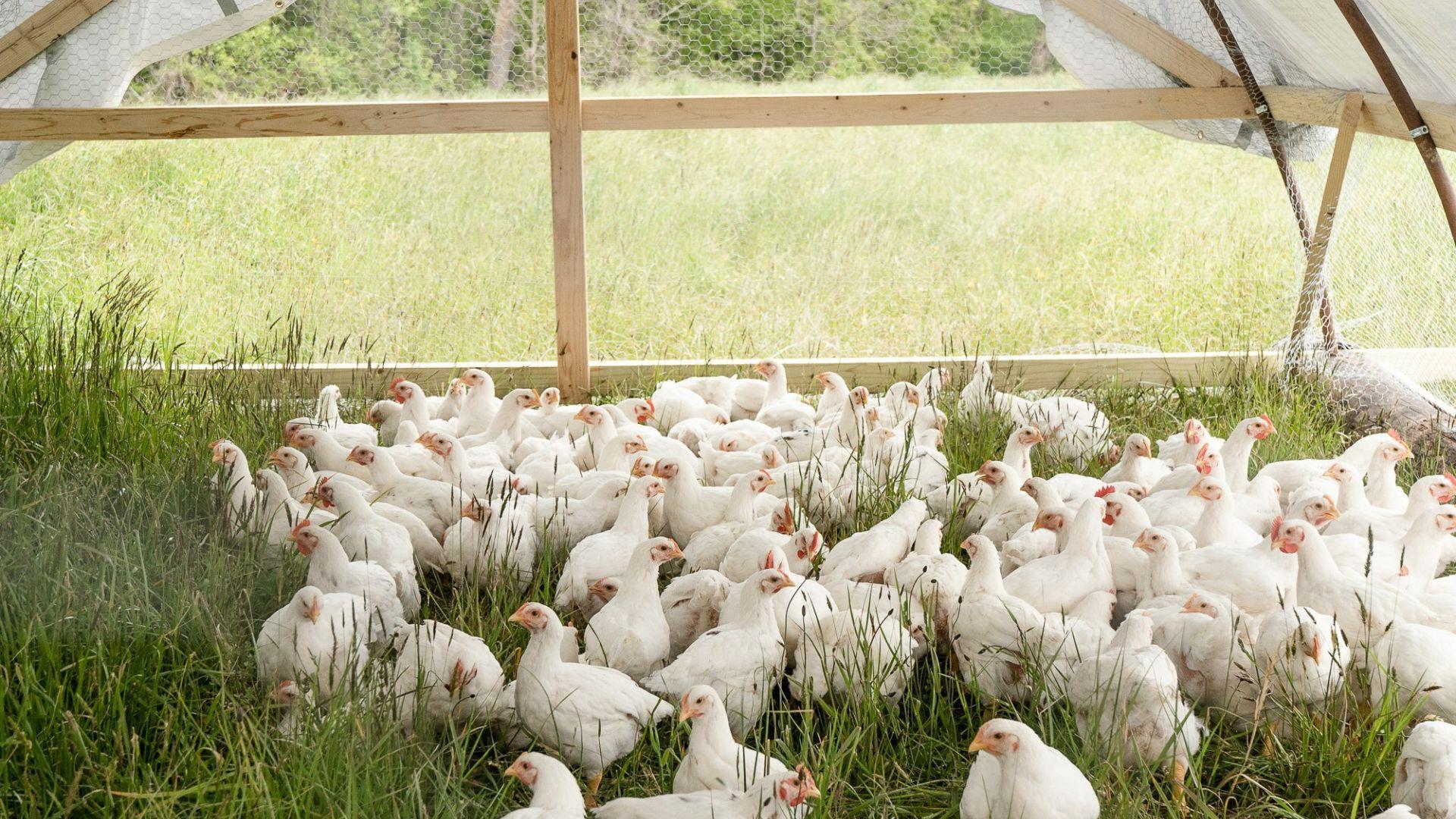
By taking preventive measures seriously and staying aware of the signs and symptoms of bird flu, everyone can contribute to the safety and well-being of the community.
Together, we can navigate this challenge and protect ourselves and others from the risks of bird flu, and, at worse, another pandemic.








































